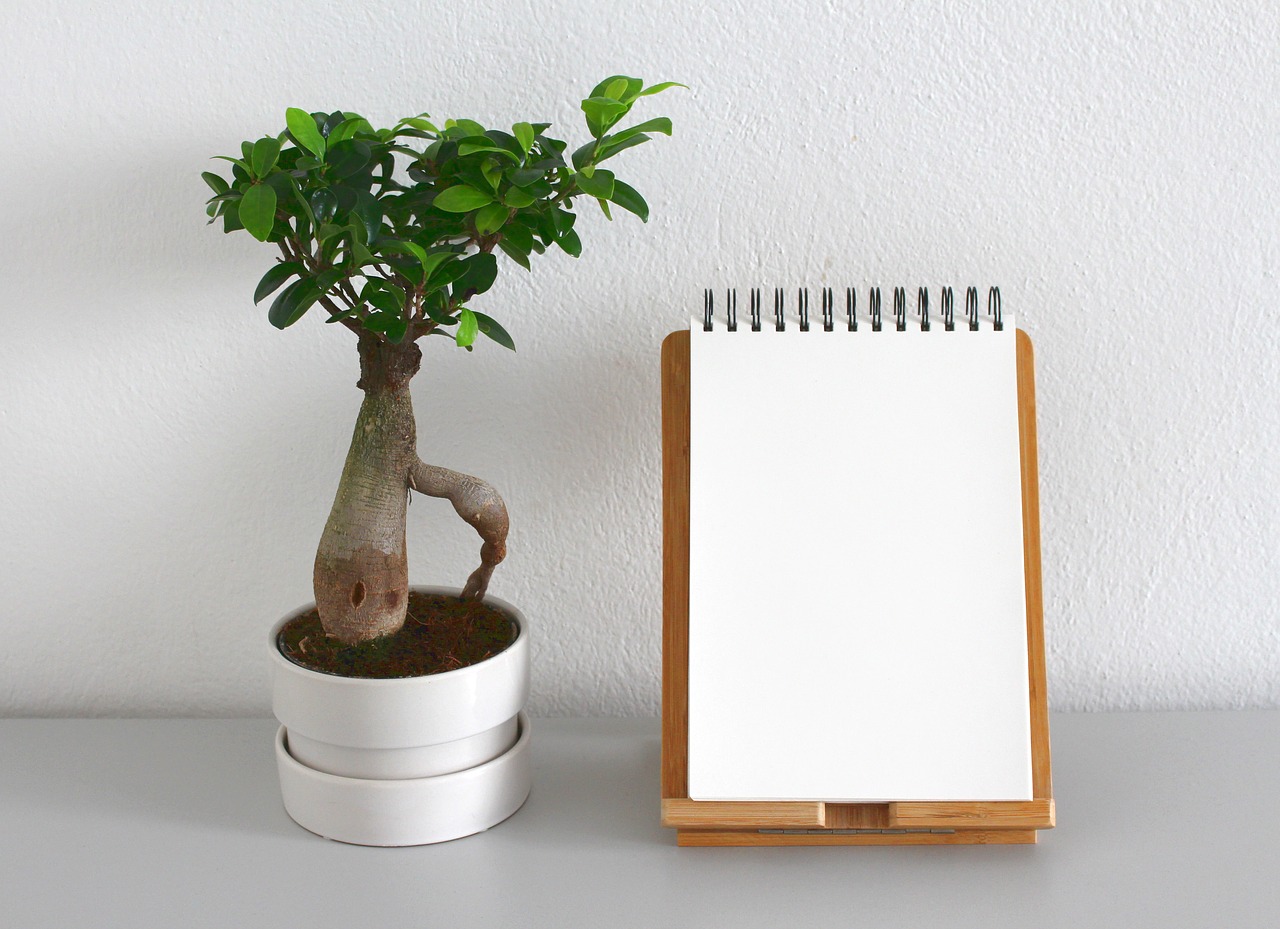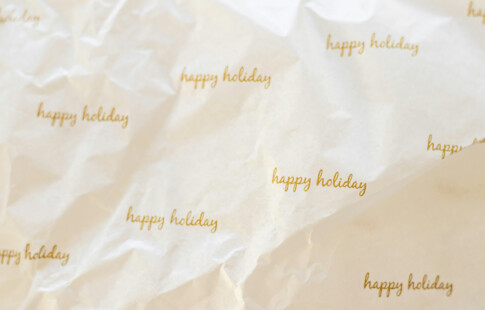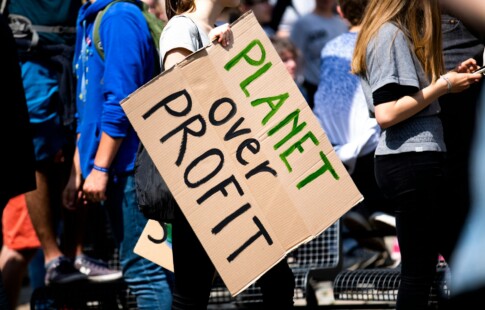
What to Know About Zero Waste Week 2018
We are reader-supported. When you buy through links on our site, we may earn affiliate commission.
If you’re like most people, when you toss something into the trashcan, you probably forget about it almost immediately. That piece of rubbish leaves your sigh with the rest of your trash and begins its journey. Although you may not give this “journey” a second thought, it’s happening nonetheless. Your waste ultimately ends up in a landfill, at the bottom of the ocean or, even worse, dumped into the heart of a cute and cuddly land-dwelling creature’s home.
This doesn’t mean you should never toss anything in the trashcan again. It just means you have an opportunity to cut down on your waste and make a smaller impact on Mother Earth. This is why we have Zero Waste Week. It all started with environmental enthusiast Rachelle Strauss, a woman who decided about a decade ago that it was time to take action to change the planet. Keep reading to learn more about the revolution she launched and how you can get involved.
It Originated in the UK
Strauss lives in the UK, so she started the grassroots efforts for Zero Waste Week there in 2007. Quite simple, the week was to be a concerted effort among all Britons to waste less everything. Each year has a theme, and it’s always during the first week of September.
Strauss has created a website where you sign up for the email list to receive tips and tricks in your inbox that help you live more sustainably and work hard to implement them during that first week in September.
But It Has Global Implications
Although Zero Waste Week originated in the United Kingdom, the entire world could take a leaf out of Britons’ book.
After all, since plastic was invented in 1872, we’ve produced approximately nine billion tons of plastic. Because plastic is not biodegradable — the only way to keep it from a landfill is to recycle and repurpose it — this is a particularly startling number. Strauss wants to keep this number, along with other waste stats, from climbing higher.
It’s a Multi-Pronged Approach
Cue Zero Waste Week, which is Strauss’s primary weapon against the mounting amount of waste in the world. The weeklong endeavor, which was from September 3 to 7 this year, highlights all the varied areas of waste — even ones you might not consider, like food waste.
The multi-pronged attack on waste includes specific steps you can take to cut down on how much you throw away, whether it’s in your kitchen, closet or office.
It Involves Some Creativity
Before you get started on your eco-friendly journey, take inventory of the talents that might help you become less wasteful. Do you have a green thumb? That’s going to come in handy. Are you good at refreshing old clothing into new outfits? You’re already on your way to a smaller carbon footprint.
It Focuses on Food Waste
Food waste is a significant source of garbage all around the world, including in the UK. That’s why this program makes a major push to cut down on the leftovers you throw out.
Zero Waste Week encourages participants to buy less food — less to throw out — and plan their meals carefully at the beginning of the week to ensure they only have the ingredients they need. You can even re-plant some veggies, like the top of a celery stalk, to spawn new produce.
…And Textile Waste
Another area where people tend to waste a lot? Their wardrobe. If you’re guilty of tossing an entire season’s worth of clothing to make room for the trendiest styles, you’re not alone. But there’s another way.
Donate any clothing you don’t want — either to a thrift store or to a friend — and try shopping secondhand, too. If you don’t like sifting through the inventory at a thrift store, try an online retailer like ThredUp. Its website showcases thousands of designer duds.
…And Plastic Waste
Before Zero Waste Week kicked off this year, a survey was sent out to residents of the United Kingdom to weigh their worry regarding plastic waste. Of more than 2000 participants, a whopping 80 percent voiced fears about plastic waste. That concern seems to be echoed in worldwide campaigns to produce the use of plastic straws.
If you’re also fearful of mounting piles of plastic, follow one of Zero Waste Week’s most straightforward instructions — recycle your plastic instead of chucking it!
…And Every Other Type of Waste
These are just some of the major areas of waste that Zero Waste Week emphasizes, but they’re far from the only ones.
Maybe as you read through this post, you realize that there’s another area of your life where you’re churning out exorbitant amounts of waste. Ask yourself these questions: Could you borrow something instead of buying it? Could you donate something instead of throwing it away? Could you do with less in the name of saving the environment? If yes, then try it!
You Can “Celebrate” Year-Round
You may have noticed that Zero Waste Week 2018 is technically over, but that doesn’t mean the sentiment behind it evaporates. Strauss and her eco-friendly peers — which include supporter and British Prime Minister Theresa May — continue to champion sustainability and conservation all year long, and you can, too. Zero Waste Week is a wonderful time to jumpstart your conservation efforts, but you can champion its tenants all year long as you strive to use less and waste less.
Are you interested in learning more about sustainability and decreasing your waste? Consider having your own Zero Waste Week at any time. The program’s website is a great place to start if you’re looking for some basic tips on wasting less, but you can also keep it simple. Start with a small goal, like skipping plastic drinking bottles in favor of a reusable one. Once you master that, set a higher goal, like planning your meals for a week. Even small steps can have a substantial impact.
Share on
Like what you read? Join other Environment.co readers!
Get the latest updates on our planet by subscribing to the Environment.co newsletter!
About the author

Jane Marsh
Starting from an early age, Jane Marsh loved all animals and became a budding environmentalist. Now, Jane works as the Editor-in-Chief of Environment.co where she covers topics related to climate policy, renewable energy, the food industry, and more.





